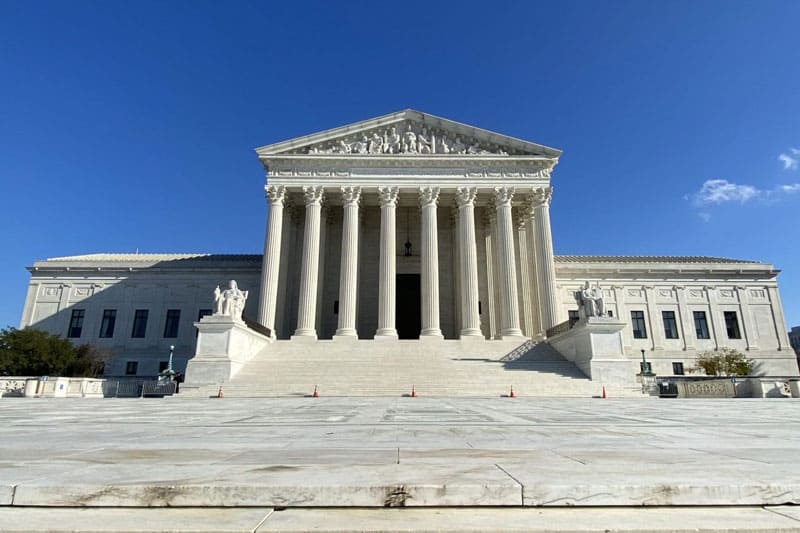
DACA Court Decision Represents a Small Victory in a Larger Battle
After three years, numerous lawsuits, and battles at every level of the federal court system, Deferred Action for Childhood Arrivals (DACA) has been restored in full. Judge Nicholas Garaufis delivered the opinion last Friday, December 4th. His opinion mandated the Department of Homeland Security to post a notice online that they are accepting new applications within three days of the decision. Once this notice is posted, anyone who meets the criteria for the program will be able to apply for and receive benefits. While this is a victory for those who have been fighting for the program and those who benefit from it, it is the first step in a long road to overhauling and updating the US immigration system. Challenges still remain to the long-term health of the program while further litigation is pending.
This decision was a piece of several legal battles regarding the program. The Supreme Court had previously ruled that the manner in which the Trump administration had ended the program was unlawful, and ordered the program be continued. In response, Chad Wolf, assuming he was acting secretary of DHS, wrote a memo severely limiting the program. Recently it was discovered that Chad Wolf was not the acting secretary of DHS, according to its guidelines, therefore the Wolf Memo was vacated. While this decision now means the government is required to accept and approve new applications, another federal case is set for hearing on December 22nd, 2020 that may set DACA back once more.
The Supreme Court failed to make a ruling on the legality of DACA one way or another, stating that the way the program was ended was unlawful. This left the door open for further attempts to attack the program. Soon after this opinion, Trump tweeted his administration would resubmit papers, presumably ending the program once more (his tweet was not specific on what exactly would be in these “enhanced papers”), to be in line with the Supreme Court’s ruling. However, the true threat to the program comes from a Texas lawsuit. The lawsuit, filed in Texas and joined by several other states, has challenged the legality of DACA and whether President Obama overreached his authority in creating it. The plaintiffs were denied an initial injunction that would have put a pause on the program while the court waited to see how the Supreme Court would rule. Now that the Supreme Court has made its ruling, the federal Judge in Texas, Andrew Hanen, has set a hearing date for December 22nd, 2020. Judge Hanen has previously stated his belief that the program is probably illegal, so the result of this hearing could be problematic for DACA. Should the worst happen, there will inevitably be lawsuits attempting to block the decision from taking effect, which will hopefully freeze the program in place until President-Elect Biden can take office.
The President-Elect has made immigration one of his priorities for his first 100 days in office and preserving DACA is expected to be included. While DACA is worth saving, it realistically only helps a small percentage of undocumented immigrants currently living in the US. DACA also does not give any of its recipients a clear path to citizenship. Even when functioning correctly, DACA recipients must renew their work permits every two years and they hold no legal status. Therefore, DACA does not create a long-term solution for immigrants. Creating a pathway to citizenship is mutually beneficial for both individuals and our country. Immigrants would be able to live without the fear of being deported and enjoy the full rights and protections of citizenship. The United States Government would benefit financially from the fees it would collect from the estimated 11 million undocumented immigrants currently living in the US. They would also be able to focus their time and resources on issues that are far more pressing. The extent to which President-Elect Biden can enact changes largely hinges on the outcome of the Georgia Senate elections. With a Democratic majority, meaningful and long-term changes can be made to the immigration process. We now eagerly await the outcome of these crucial events to see what is in store next for the American Immigration system.
